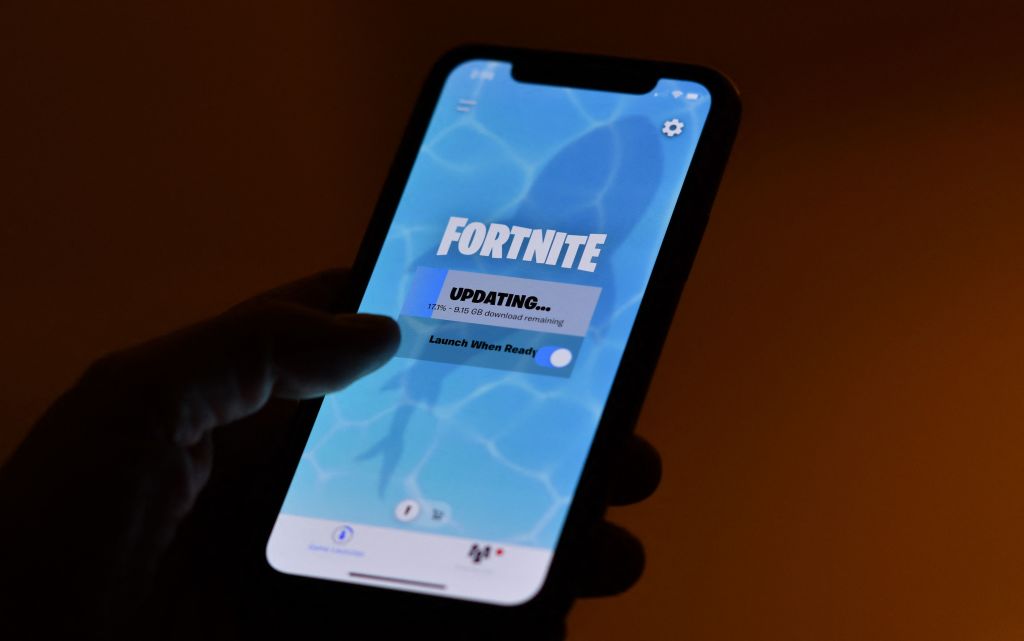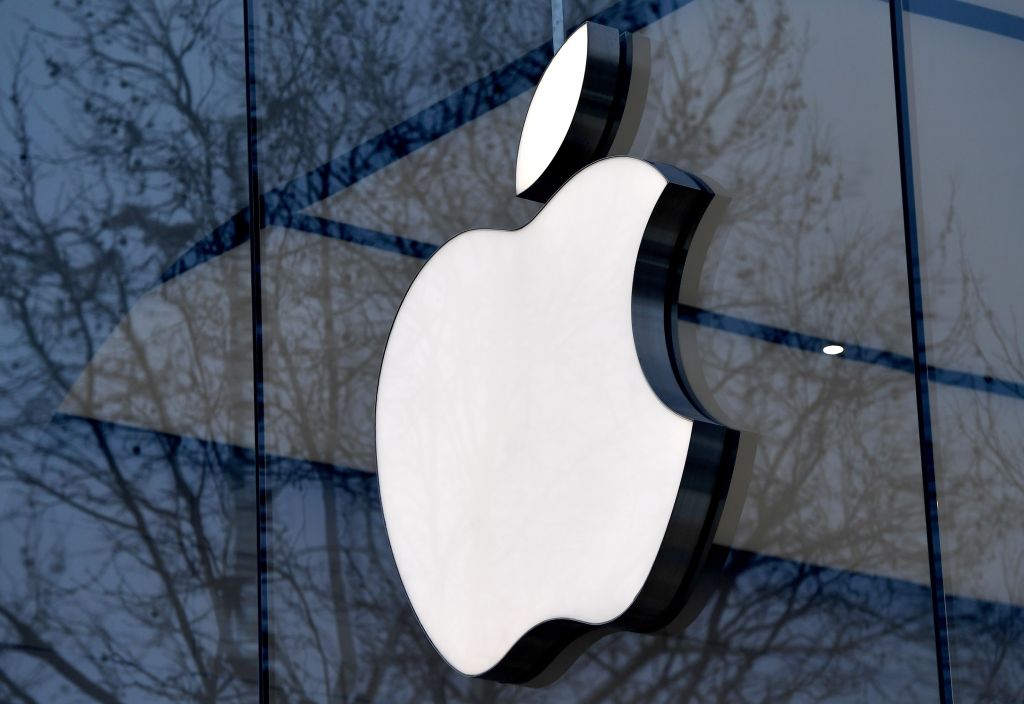
After multiple rejections, Apple has approved Fortnite maker Epic Games’ third-party app marketplace for launch in the EU. As now permitted by the EU’s Digital Markets Act (DMA), Epic announced earlier this year it planned to bring both the digital storefront and its flagship game, Fortnite, back to iOS in Europe. However, on Friday, Epic Games took to X (formerly Twitter) to complain that Apple had rejected its submission twice over concerns that its Games Store looked too much like Apple’s App Store. Epic then said it would take the matter to European regulators for review.
Later in the day, Apple approved the third-party marketplace app on the condition that Epic Games would make the necessary corrections in a subsequent update.
According to posts on X, Epic Games initially said Apple had rejected its submission over details like the position of its “Install” button for games, which Apple said is too similar to its own “Get” button. It also said that it was rejected for its “in-app purchase” label being too much like Apple’s label.
3/3 Apple's rejection is arbitrary, obstructive, and in violation of the DMA, and we've shared our concerns with the European Commission. Barring further roadblocks from Apple, we remain ready to launch in the Epic Games Store and Fortnite on iOS in the EU in the next couple of…
— Epic Games Newsroom (@EpicNewsroom) July 5, 2024
Epic argued that it’s using the same naming conventions that are standard across popular app stores on other platforms.
The company also called the rejection “arbitrary, obstructive, and in violation of the DMA,” and said it has shared its concerns with the European Commission.
In the afternoon on Friday, Apple said it had approved the Epic Sweden AB Marketplace app but added the game maker would still need to make the fixes Apple requires. As per Section 2.3 (G) of Apple’s developer agreement, Epic Games had agreed not to make its Games Store appear confusingly similar to the App Store, the iPhone maker said. Apple noted that Epic had generally followed this guideline, except for the design and copy of the download button.
Apple also said that Epic Games’ Fortnite app has already been approved.
Epic’s case represents a high-profile example of how stringent Apple will be with the new rules that permit third-party app stores on iOS for the first time. Excessive rejections could also dissuade other developers interested in testing the waters with their own distribution channels.
Under the DMA’s new rules, Apple is required to allow third-party app stores on the iPhone as the tech giant was deemed a “gatekeeper” under EU law. App developers can also switch to a set of new DMA rules that allow them to reduce commissions on in-app purchases on the App Store, though the process still involves fees under a complicated new structure that has developers paying Apple for the use of its technology instead.
Epic has been battling Apple for years for a means of reaching its customers on the iPhone without having to pay commissions on in-app purchases. The company took the case to the courts in the U.S., where it ultimately lost on most fronts, having failed to prove Apple was a monopolist. But Epic’s continued complaints saw Apple briefly terminating the game maker’s developer account in the EU, before EU regulators again stepped in. Since then, Epic Games has vowed to launch Fortnite on iOS and iPad in the EU and bring its Games Store to the market.
Epic confirmed the approval of its marketplace app on X and in an email with TechCrunch.
Update: Apple has informed us that our previously rejected Epic Games Store notarization submission has now been accepted. https://t.co/tl5LY1aQD6
— Epic Games Newsroom (@EpicNewsroom) July 5, 2024
Update, 7/5/24, 5:28 PM ET This post was updated from its original version with the latest development involving Apple’s approval of Epic Games’ marketplace app in the EU. Epic has since said it’s disputing the requested changes.
Epic Games CEO promises to ‘fight’ Apple over ‘absurd’ changes



